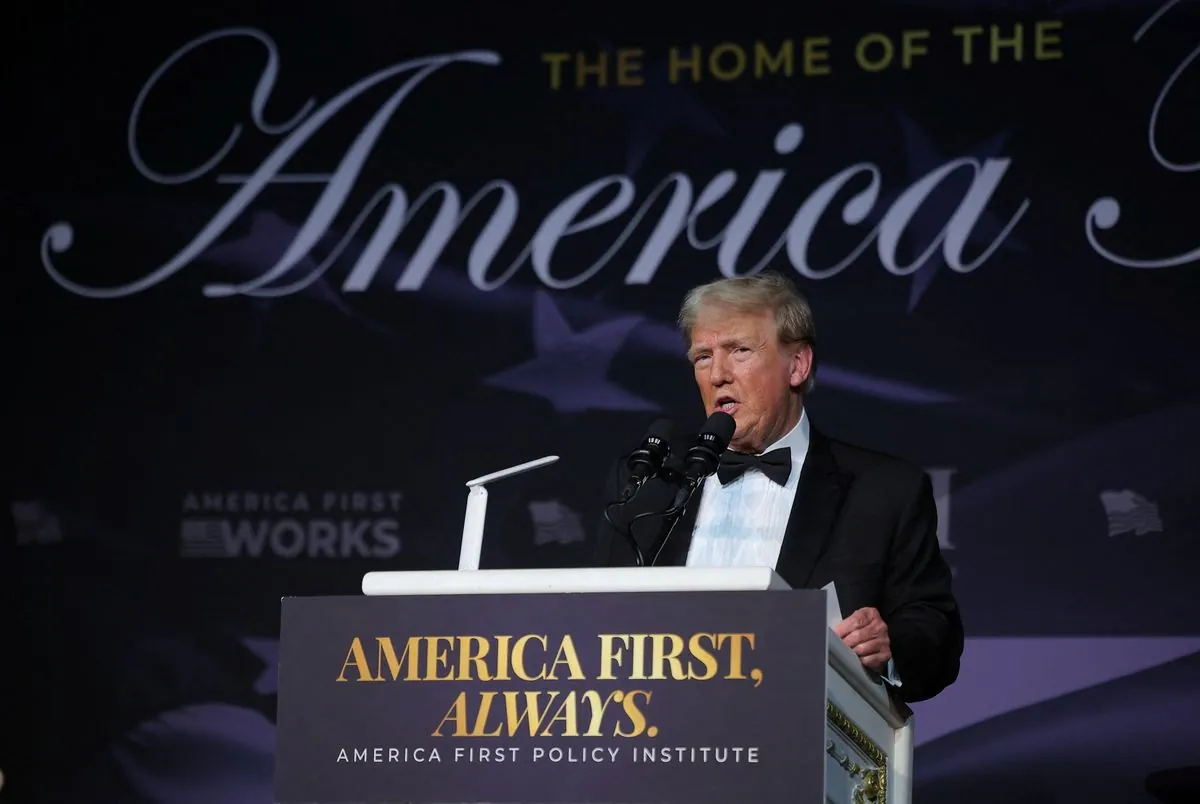Donald Trump stirred-up international markets with his pre-office declaration about import taxes. Around late-november he announced plans to put a 25% tax on goods from Canada and Mexico; while China would face a 10% tariff
The president-electʼs demands (which focus on drug-control and migration issues) quickly got strong push-back from Americas closest trade partners
Migration and drug consumption in the United States cannot be addressed through threats or tariffs
Justin Trudeau had direct talks with Trump while Ontarioʼs Doug Ford made a harsh statement comparing this to family betrayal. The proposed changes would affect nearly $2.5-trillion worth of yearly trade
The auto industry might face the biggest hit — its complex supply-chain crosses borders many times. Cars and trucks need about 75% local-made parts under current rules; which means companies cant just switch to other suppliers
Trade experts point to many road-blocks for this plan. Simon Lester‚ a trade-law specialist says its “definitely a violation of basic USMCA commitment to charge zero tariffs“. The agreement that Trump himself helped create in twenty-twenty would need special security exceptions to allow such changes
- U.S agriculture could face problems with Mexican produce imports
- Canadian lumber and oil prices would rise
- Car manufacturing costs would go up
- Construction industry might see higher expenses
Wall street didnt show much worry — the Dow Jones stayed steady and currency markets kept calm. However experts like Scott Lincicome from Cato Institute think its “nonsensical“ to start a guacamole tax right before super bowl season
The real issue isnt just about following trade rules; its about the deep connections between these economies that took decades to build. Breaking these links could push prices higher than the current 2.5% inflation rate thats already bothering voters
